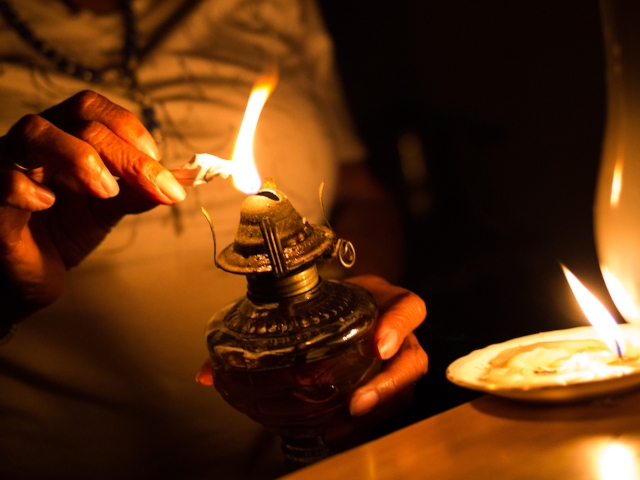A Free State single mother, who earns a living by teaching English online to international students, is shutting her business down after 80% of her clients quit because their lessons were constantly disrupted by load shedding.
The 33-year-old Lungiswa Xhamela from Virginia has blamed Eskom for destroying her livelihood.
Xhamela said her students grew tired of her unreliable service as a result of the electricity crisis in South Africa.
Speaking to News24, she said disappointed students from Latin America, Turkey, Ukraine, Belgium, and France quit her classes and left bad reviews and ratings on her profile because ongoing power cuts interrupted her sessions.
The bad reviews chased away any potential students who were keen on booking a class, she said.
She said:
Since last week, Eskom has implemented crippling power cuts, bringing many businesses to their knees.
President Cyril Ramaphosa cut his overseas trip short and returned to the country immediately after Queen Elizabeth II’s funeral last Monday, due to the energy crisis gripping the country.
After teaching for a year, Xhamela said that because of Eskom’s incompetence it was time for her to search for a new job.
She said: “I usually teach from 08:00 to 15:00. My classes depend on bookings. Students book their convenient time slots and I have no control over this. When there’s no electricity, I am absent in the classroom and they get frustrated and cancel their lessons with me. They then choose another teacher.”

Xhamela, who holds a human resource management diploma, worked at a teaching company for three years before she decided to work independently at home.
“I’ve lost 80% of my clients, which also means I no longer have an income, because of load shedding. Losing my income means that I will not be able to take care of my family and daughter. I’m a single parent,” she said.
Xhamela is a breadwinner at home, with her income taking care of her unemployed mother and her eight-year-old daughter.
Her mother worked for an NGO training mathematics teachers, but was retrenched because of Covid-19 in April 2021.
Eskom spokesperson Sikhonathi Mantshantsha declined to respond.
Xhamela said:
South Africa’s energy crisis began around 2008, when demand for electricity exceeded the supply, causing power generators to trip.
To save the grid, the power utility started implementing rolling blackouts, dubbed “load shedding”.
News24



























